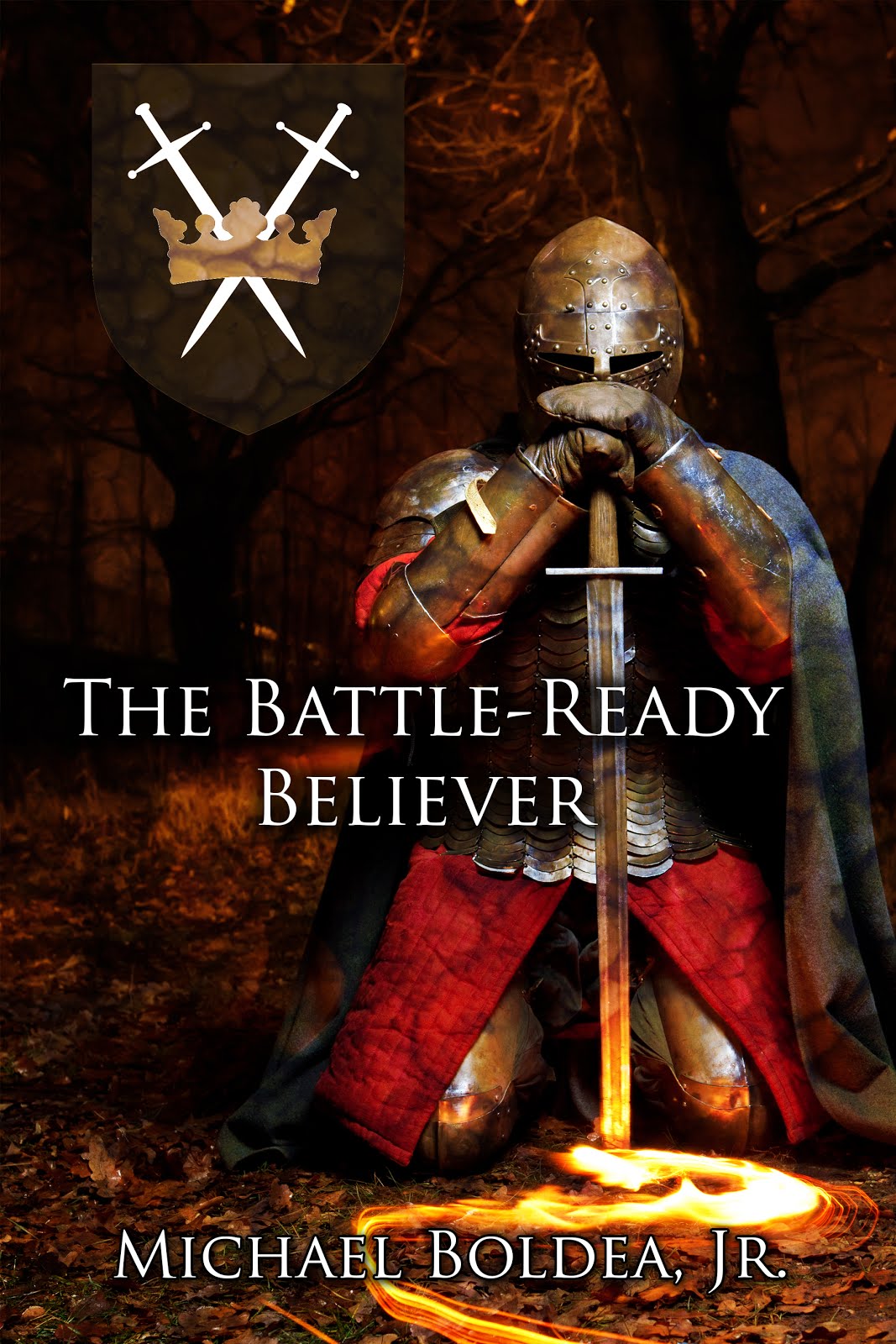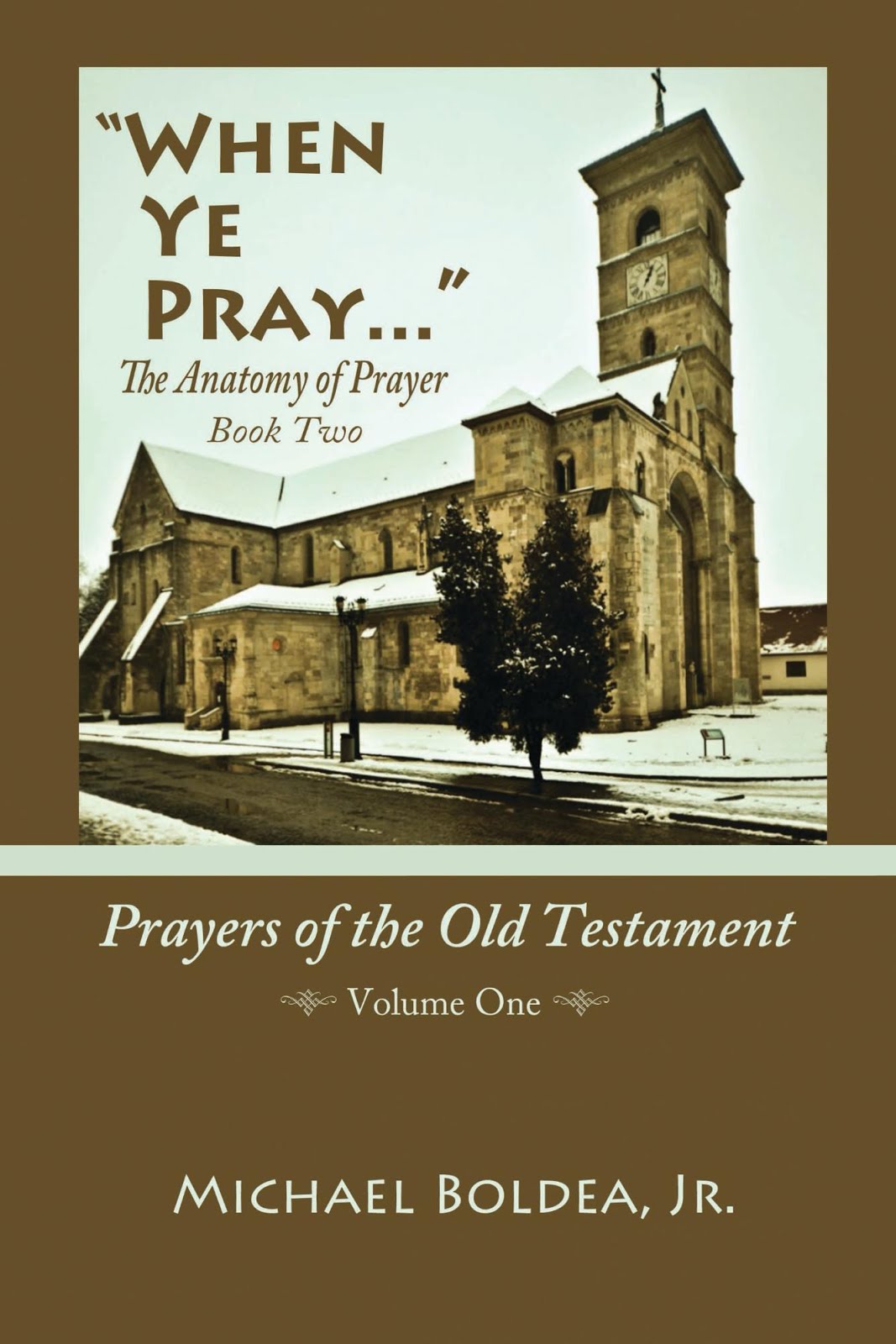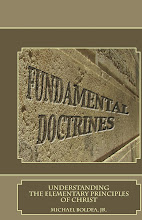2 Peter 1:9,
“For he who lacks these things is shortsighted, even to blindness, and has
forgotten that he was purged from his old sins.”
Nowadays
it is a popular thing to assume that there are no consequences to anything we
do. Because the notion of consequence has so been diminished, people do very
foolish, very permanent things to themselves regretting their choices later in
life, perhaps belatedly realizing that tattooing your favorite football team’s
name on your forehead in large block letters wasn’t the best career booster,
but being unable to do anything about it.
Some
believers have the same attitude when it comes to Peter’s admonition and
encouragement to possess the godly virtues readily available to us. They see
these virtues as options a Christian can either seek and desire after, or
ignore completely without any adverse consequence or repercussion.
It
is the Word of God that dispels the notion of zero consequence if we do not
possess these virtues, and it does so quite clearly. When we lack knowledge,
virtue, perseverance, self-control as well as the other things Peter listed, we
are shortsighted in regards to our spiritual wellbeing, and we are told even to
blindness.
A
shortsighted person only sees what is directly in front of their face, while a
blind person sees absolutely nothing. A blind individual can feel their way
around, they can touch and discern certain shapes, but they can never know the
true aspect of a thing because they lack the ability to see.
What
is most astounding about those who are spiritually shortsighted or outright
blind is the vehemence with which they defend their position even though their
position is contrary to Scripture. There is no soul so unreachable as one who
believes they already know it all, and have nothing further to learn. They shut
themselves off from counsel, they shut themselves off from the urging of the
Holy Spirit, and they shut themselves off from the truth of God’s Word, all
because in their mind they’ve determined the absolute rightness of their path.
Because
it is so easy for us to become certain about some doctrine or some opinion of
man, the Word of God is ever insistent on the point that it and nothing else
must be the plumb line by which we choose to receive or reject certain
teachings.
Even
though it may sound good to the flesh, even though it may make us feel good
about ourselves, if what is being said does not line up with the Word of truth,
if it does not line up with the Scriptures, then we are believing a lie. Yes,
lies can make us feel good about ourselves; they can elevate our mood and cause
us to see ourselves in a different light.
Those
who know me know I tend to tip the scales on the huskier side of life. As such,
although I hadn’t lost any weight, each time someone would ask me ‘have you
lost some weight?’ it made me feel good about myself even though in my heart I
knew nothing had changed.
It
is much the same with false doctrine. It makes us feel good about ourselves
even though we know that in our hearts nothing has changed. We fool ourselves
and deceive ourselves and follow after men who feed us poison all because we
like the way they make us feel about ourselves.
When
a man becomes shortsighted then blind, he begins to forget that he was purged
from his old sins. Herein lies the dilemma, because nowadays few if any
continue to teach that we must be purged from our old sins, that we must lay
aside the wickedness we so reveled in, that we must part ways with the vices
which had ensnared us, and be renewed in mind and heart, made into an image of
Christ Jesus our Lord, Savior, and King.
How
can one know the necessity of the virtues Peter insists we must possess, if
they have, as yet, not been purged of their old sins?
How
can one find the light when they are being told they can remain in the darkness
yet still be partakers of the divine nature?
It
is because we’ve stopped preaching truth that the lie has grown to such
heights. It is because we thought ourselves wiser than God, and set upon
attempting to transform His Word to better suit our evil hearts that we are now
seeing an entire generation ignorant of what true repentance is, how necessary
it is, and why every believer truly born again must experience this life
transforming truth.
The
blind are being led indeed, but wholly unaware that the one doing the leading
is as blind as they are. This, by far, is the greatest tragedy visited upon the
church in our generation, and since the bliss of ignorance is a narcotic for
the conscience more and more flock to a Gospelless
Gospel than ever before.
With love in Christ,
Michael Boldea Jr.









